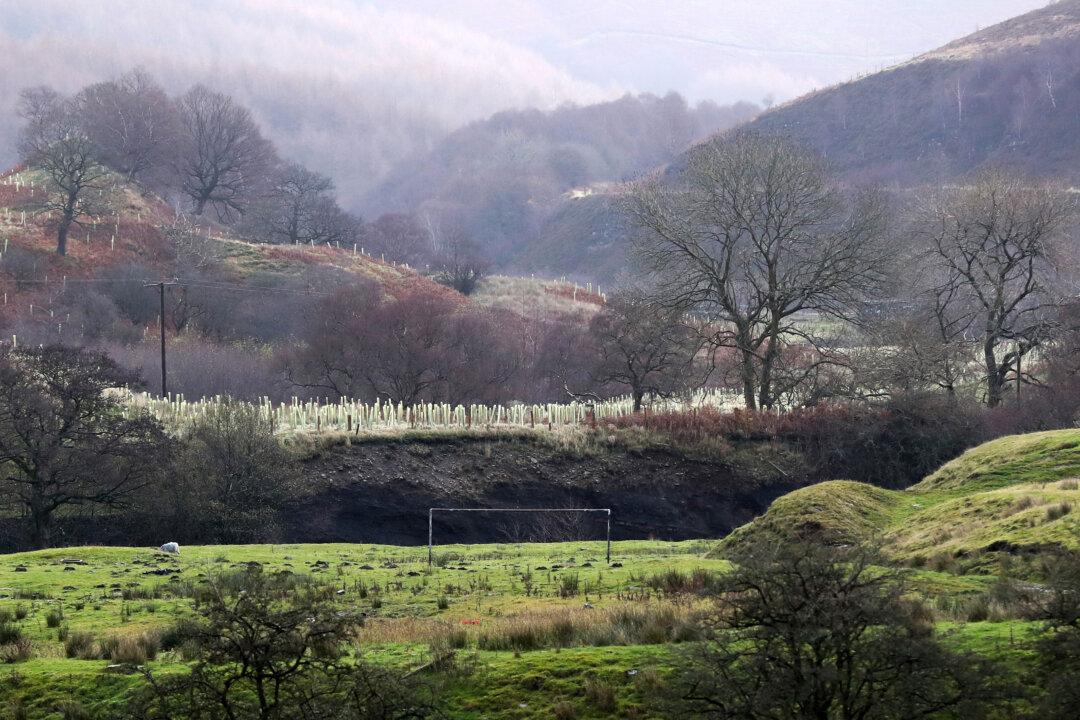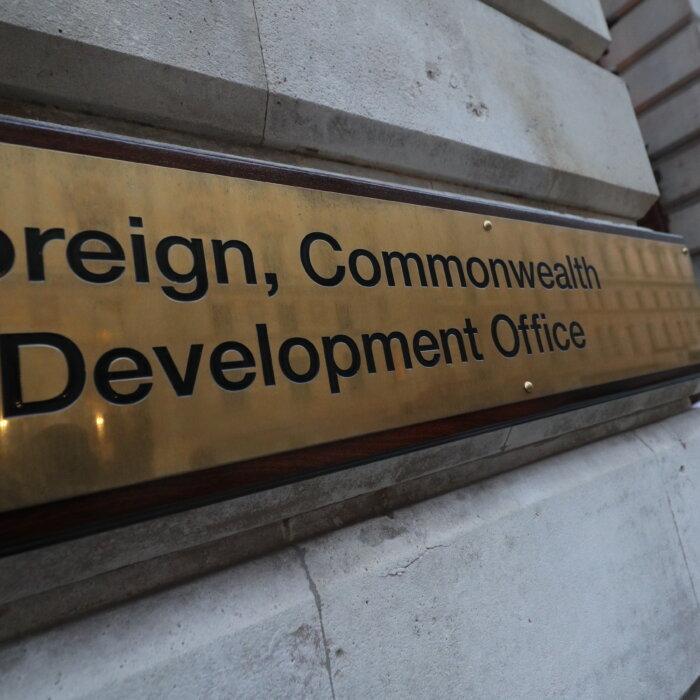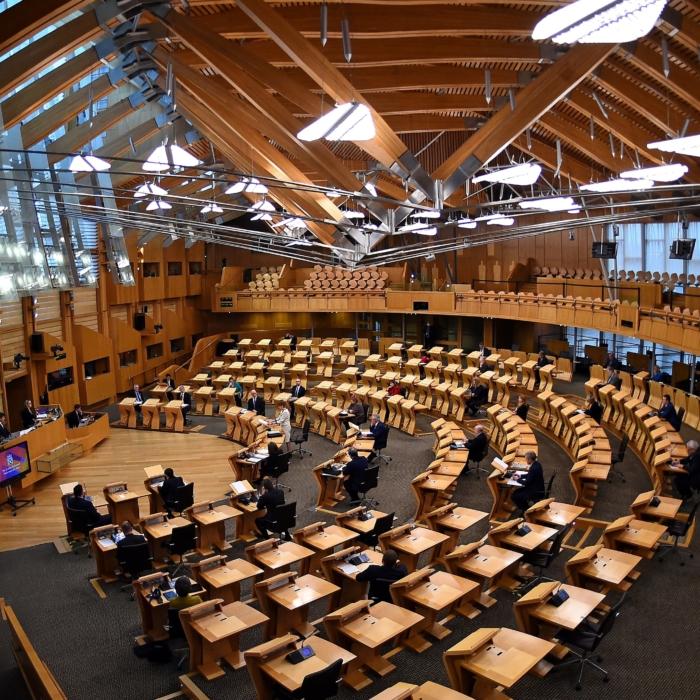The environment secretary has announced a rapid review of nature improvement plans amid concerns that “nature is dying.”
On Wednesday, Steve Reed said that he is taking steps to develop a plan by the end of the year to reverse the “dire state of the natural environment.”
With the Environmental Improvement Plan (EIP) review, he said that he will deliver on legally binding Environment Act targets, including halting the decline in species by 2030, cleaning up water bodies, and cutting air pollution.
Reed said: “Nature is dying. Britain is one of the most nature depleted countries in the world. Our animal species face extinction. Our precious landscapes are in decline. Our rivers, lakes and seas are awash with sewage and pollution. Air pollution continues to plague our towns and cities.”
He said that “nature underpins everything, the economy, food, health, and society, but we stand at a moment in history when nature needs us to defend it.”
“That is why today we begin to chart a new course. Working with civil society, business, and local government, we will develop an ambitious programme to turn the tide and save nature,” he added.
Sustainable Development Goals
The UK formally committed to a global conservation target that was proposed and supported by the United Nations, to protect and conserve a minimum of 30 percent of land and sea for biodiversity by 2030, known as the 30x30 initiative.Under former Prime Minister Theresa May’s Conservative government, the administration ensured that SDGs were fully integrated into the planned activities of each government department. At the time, it emphasised its role in leading negotiations for the SDGs and actively lobbying for their adoption.
According to the government, wildlife populations have declined by 31 percent on average since 1970, meaning we now have only 69 percent of the species’ populations left, and 16 percent of species are threatened with extinction.
‘One of the Most Nature-Depleted Countries’
Reed referred to the “State of Nature Report 2023,“ which claims that the UK is now ”one of the most nature-depleted countries on Earth.”The report states that “anthropogenic pressures”—environmental impacts caused by human activities—have resulted in significant habitat loss, change, and degradation in the UK.
For example, over the last 400 years, the Essex coast in southeast England has lost 91 percent of its intertidal salt marsh to land claims for agriculture.
The 18th century Industrial Revolution has been blamed for transforming the landscape and significantly reducing forest cover in the UK.
“As a result of being an island nation and the epicentre of the Industrial Revolution, the UK has seen dramatic and devastating destruction of the natural world,” it added.
At the time, Professor Andy Purvis of the museum’s life science department, said that the UK is “where the Industrial Revolution was born, and it changed the landscape forever.”
“We have led the world in degrading the natural environment,” he added.
“Although recently there have been lots of improvements, our ecosystems are very heavily modified. To the extent that humans are adapted to think of agriculture as a natural system, when it isn’t at all,” said Purvis.







